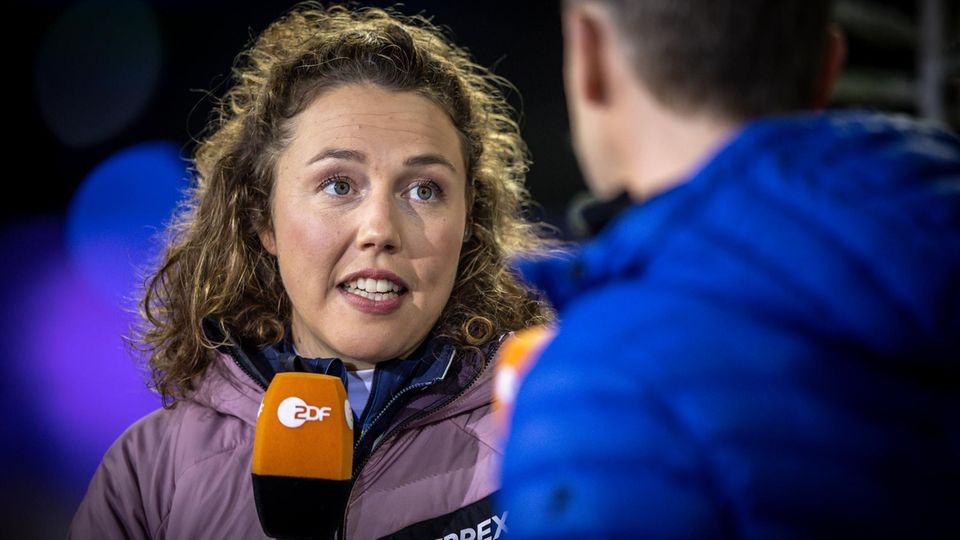Thyssenkrupp is currently doing good business with steel. How the division will continue in the long term is unclear. It is said that they continue to work on becoming independent.
The steel and industrial group Thyssenkrupp continues to benefit from the rise in steel prices despite the sharp rise in raw material and energy costs. Sales and operating results increased significantly in the third quarter, as the company reported in Essen.
On the other hand, the group is burdened by the higher interest rates: Thyssenkrupp had to make impairments worth millions, which depressed net profit. The company therefore lowered its forecast for net income.
The future of the currently well-earning steel division is currently still open. Thyssenkrupp would like to spin off the business, but implementation is currently uncertain due to the unstable environment. CFO Klaus Keysberg continues to believe that steel’s independence is the best option. “We’re continuing to work on it,” he said in a conference call on Thursday. However, the exact form is not certain. No concrete statements can be made about this at the moment.
Is the state of North Rhine-Westphalia joining the steel division?
The head of the major shareholder Krupp Foundation, Ursula Gather, would welcome the state of North Rhine-Westphalia to join the steel division. In an interview, she described such a step as a “conceivable option” and justified this with the fact that the business needed capital to be able to finance the investments in green steel. Keysberg said there are currently no talks with the state government about getting involved.
In the first nine months of the 2021/22 financial year (September 30), sales rose by 24 percent to EUR 30.6 billion compared to the same period last year. Thyssenkrupp more than tripled adjusted earnings before interest and taxes (EBIT) to 1.9 billion euros after three quarters.
The company confirmed its sales and EBIT forecast. Accordingly, sales should continue to grow in the low double-digit percentage range. In the previous year it was 34 billion euros. The adjusted EBIT should reach at least two billion euros (previous year: 796 million euros). At the end of June, the group employed a good 97,000 people, more than 4,400 fewer than a year earlier.
Source: Stern
Jane Stock is a technology author, who has written for 24 Hours World. She writes about the latest in technology news and trends, and is always on the lookout for new and innovative ways to improve his audience’s experience.




